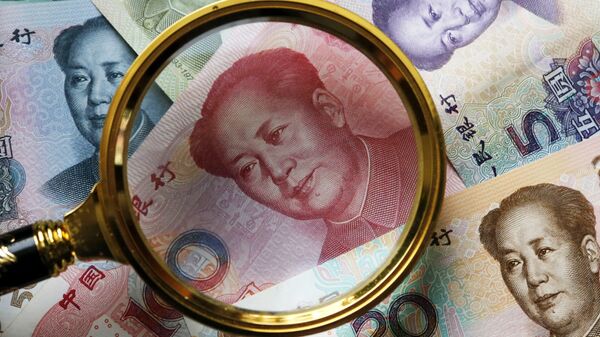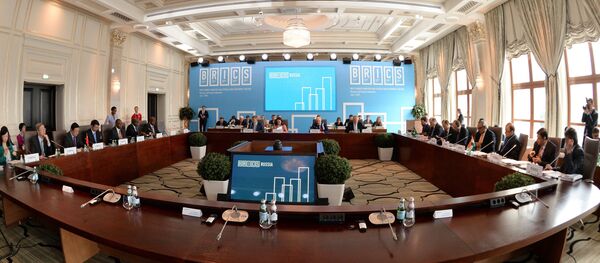"It's partly archaic, I guess, but also symbolic <…> Archaic because the SDR (Special Drawing Rights) system was introduced in the late 60's when we still had a system of fixed exchange rates: Bretton Woods. That sort of fell to pieces in the early 70's, so the requirement for [the SDR system] was sort of undermined. It's symbolic inasmuch as including [the renminbi] in the SDR legitimizes it," Smith said.
"China wasn't going to suddenly change from having a non-convertible currency to one that is solidly convertible globally," he explained. The expert believes that full yuan convertibility can be reached slowly, within years.
He also addressed how long it took the euro to become established as a reserve currency, and that it still hasn't displaced the US dollar in that role.
"This is a step, it's not going to change anything drastically overnight, in my view," Smith added.
However, there are some important implications of the IMF's decision.
"It could create a better environment for the tradability of yuan," Smith highlighted, adding that it's already being done via Chinese financial policies.
The issue of attractiveness to investments depends more on the openness of the Celestial Kingdom's capital market rather than the inclusion of China's currency in the SDR currency basket, Smith noted.
"China can't be the number one player in the global economy without having relationships beyond its own shores", he stated, but added that this was already "the road we're on" and that that the size of the Chinese economy could exceed that of the US within a mere 7-8 years. "Having a fully convertible currency will ultimately benefit people in China," Smith concluded.


